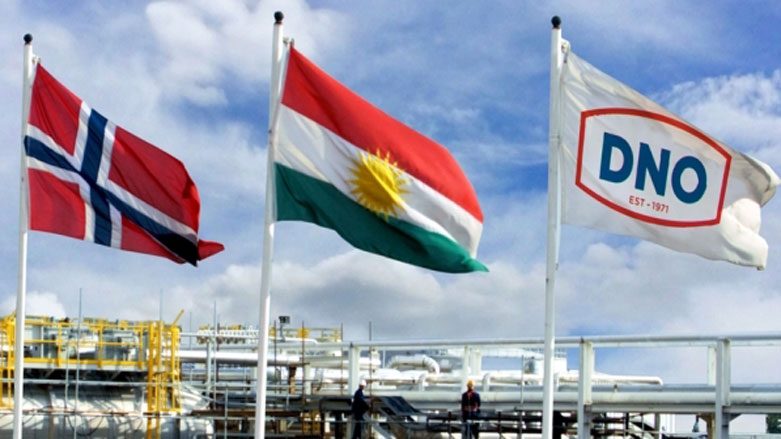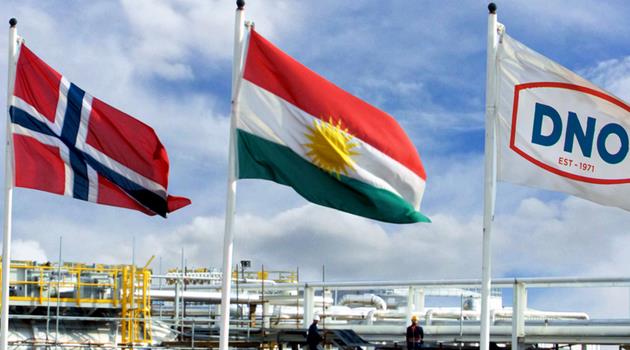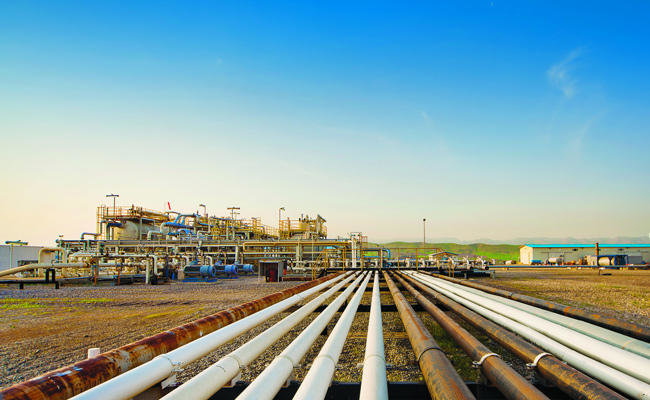DNO ASA, the Norwegian oil and gas operator, has announced completion of testing and appraisal of the Baeshiqa-2 exploration well in the Kurdistan Region of Iraq and the imminent spud of an exploration well on a separate prospect, Zartik, located 15 kilometers southeast on the same license.
The testing has proven oil and gas in three separate Triassic aged reservoirs. Evaluation of the test results will determine next steps towards further appraisal and assessment of commerciality.
As previously reported, in November 2019 DNO issued a notice of discovery to the government that hydrocarbons had been flowed to surface from the upper part of Triassic Kurra Chine B reservoir during first phase of testing. The reservoir produced between 900 and 3,500 barrels of oil per day (bopd) with specific gravity ranging between 40o and 52o API and sour gas between 8.5 to 15 million standard cubic feet per day (MMcfd).
Following a workover and acid stimulation, testing resumed in March 2020 in three other separate Triassic aged reservoirs with each flowing variable rates of light oil and sour gas, too.
During the second phase of testing, the lower Kurra Chine B reservoir produced between 600 to 3,500 bopd with specific gravity ranging between 47o and 55o API and sour gas between 4 to18 MMcfd. The test demonstrated that the upper and lower Kurra Chine B reservoirs are in communication, proving a hydrocarbon-bearing reservoir interval of around 150 meters.
The Kurra Chine A reservoir flowed between 950 to 3,100 bopd of 30o to 34o API and sour gas ranging from 1.8 to 3.6 MMcfd from a hydrocarbon-bearing reservoir interval of 70 meters.
The Kurra Chine C reservoir was the deepest encountered in the well covering only 34 meters of what is expected to be a thicker reservoir of around 200 meters. The drilled interval has been exposed to significant fracture damage due to the pumping of lost circulation material. The reservoir produced between 200 to 1,200 bopd of 52o API gravity and sour gas between 3.8 to 6 MMcfd.
Shallower Jurassic aged reservoirs were encountered during drilling and tested. However, the tested zones were not acid stimulated, and the results are inconclusive. The well was spud in February 2019 and drilled to a total depth of 3,204 meters (2,549 meters TVDSS), encountering almost a kilometer of fractured carbonates with poor to good oil shows. Baeshiqa-2 well was drilled safely, below budget and with all exploration objectives achieved.
The Zartik-1 well is anticipated to spud on 15 May 2020. Site construction was completed ten days ago on time and below budget.
DNO acquired a 32 percent interest and operatorship of the Baeshiqa license in 2017. Partners include ExxonMobil with 32 percent, Turkish Energy Company (TEC) with 16 percent and the Kurdistan Regional Government with 20 percent.
(Source: DNO)





